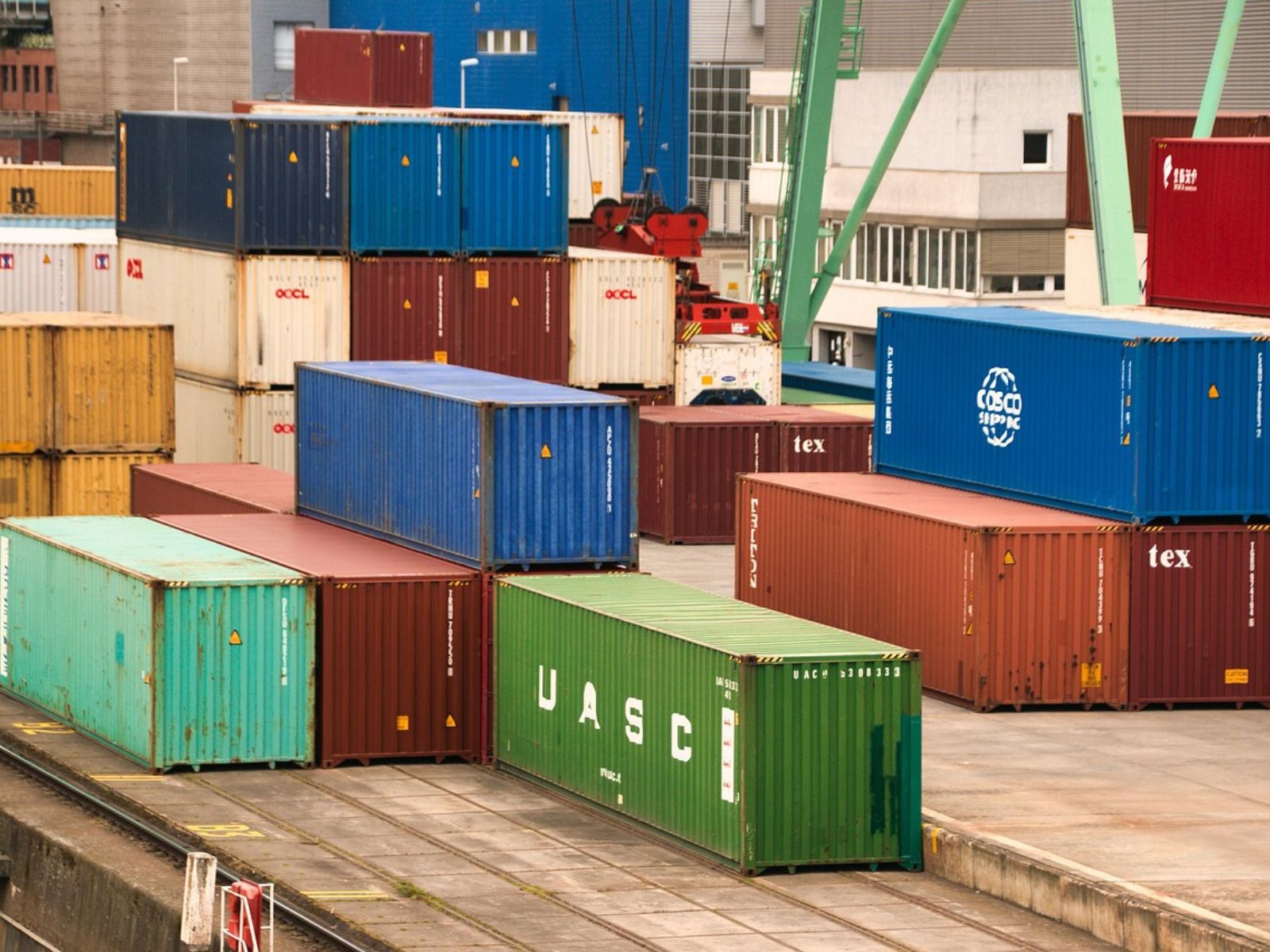
French Lawmakers File Cannabis Legalization Proposal

French Lawmakers File Cannabis Legalization Proposal
Momentum for cannabis policy and regulatory modernization efforts has increased in recent years in Europe, with three countries—Malta, Luxembourg, and Germany — having adopted national adult-use legalization measures.
France is one European nation that advocates hope will make history soon by adopting recreational legalization. A pair of lawmakers, Ludovic Mendes (EPR) and Antoine Léaument (LFI), recently filed a proposal in France to achieve that goal.
“This measure, which opposes the government’s repressive policy, would aim to regulate production and distribution via a public agency, on the model of the National Gaming Agency.” reported Entrevue in its local coverage (translated from French to English).
“Legalization advocates, such as the Addictions France association, point out that cannabis consumption is already massive in France, with around 4 million regular users. For them, lifting the ban would not cause a significant increase in consumption, but would on the contrary allow for stricter control of the product and a reduction in health risks.” the outlet also reported.
A recent report produced by NORML France determined that 99.7% of cannabis being consumed in the European nation is unregulated, which creates potential public health risks.
According to a recent newsletter sent out by international cannabis economist Beau Whitney of Whitney Economics, France is home to the largest total addressable cannabis market in the European Union with a value of $11.3 billion (midpoint).
A previous study by an economic advisory board within the nation’s prime minister’s office determined that the French government spends roughly €570m annually on cannabis prohibition enforcement. The study recommended that France adopt adult-use cannabis legalization and launch a regulated recreational industry.
Emmanuelle Auriol, a professor at the Toulouse School of Economics who authored the study’s report and findings, estimated that such a policy change could create as many as 80,000 new jobs, and generate €2.8bn in taxes annually.
Share article


Share article
Join Our Awesome Community
Join Our Awesome Community
Join Our Awesome
Community
Get all the latest industry news
delivered to your inbox







